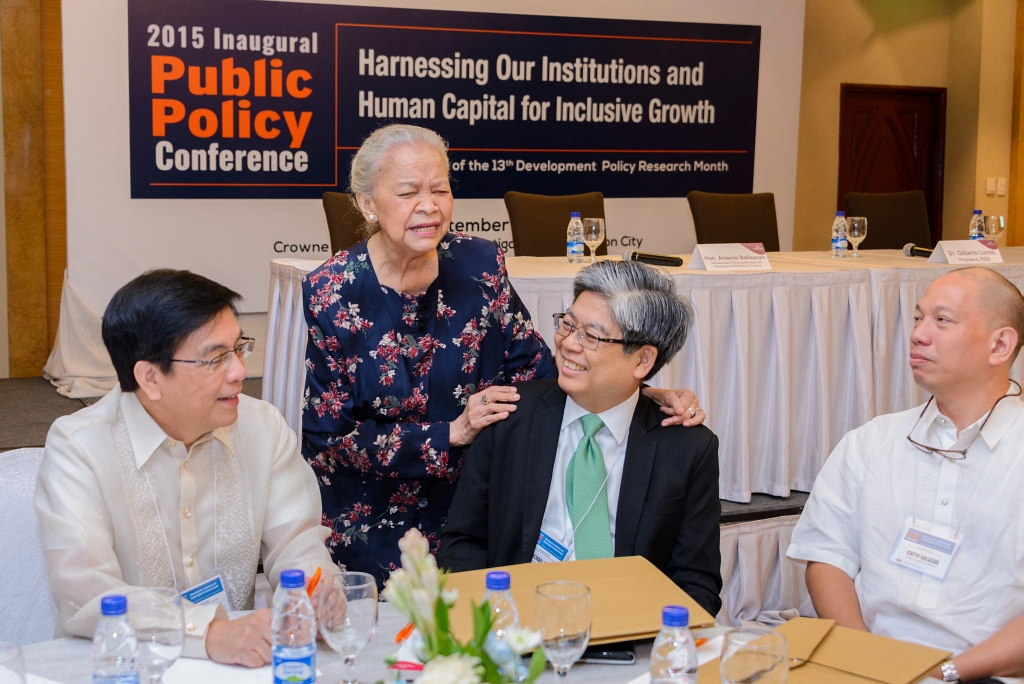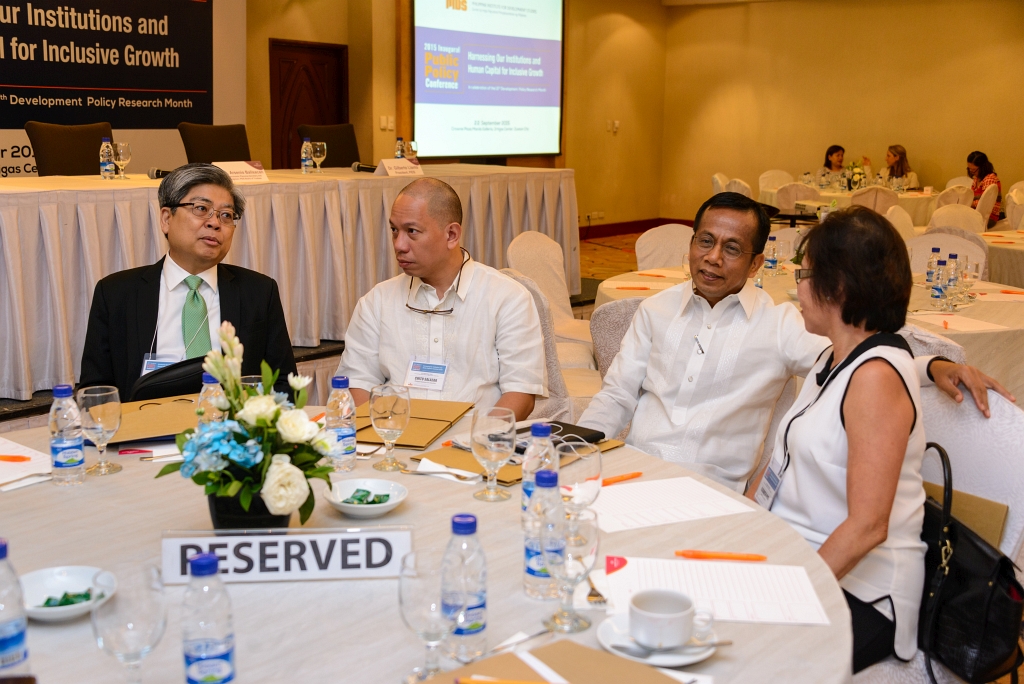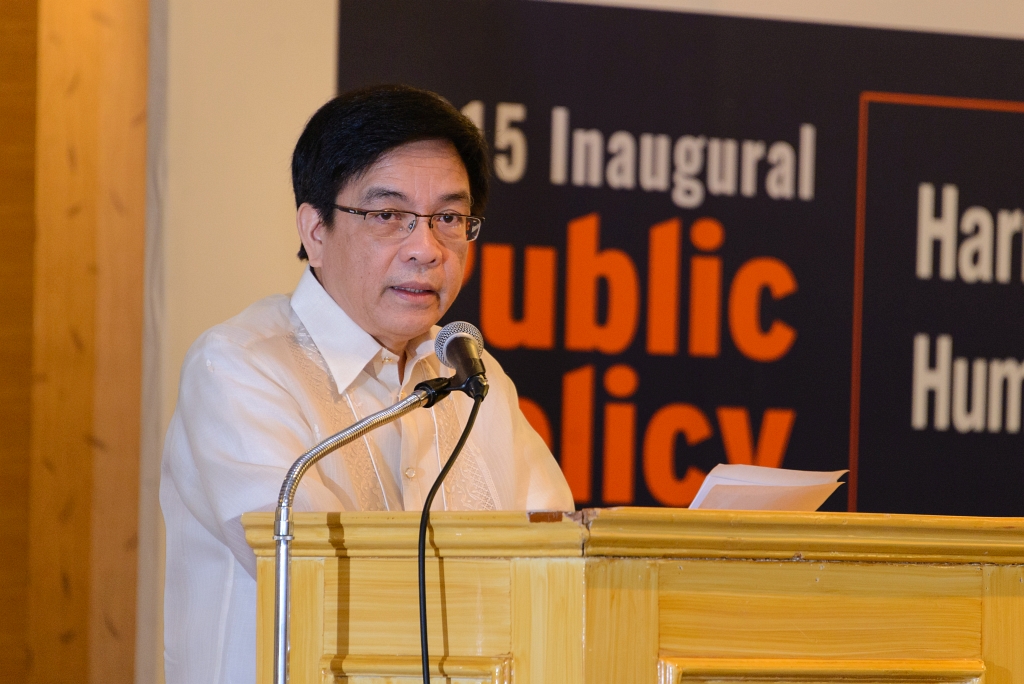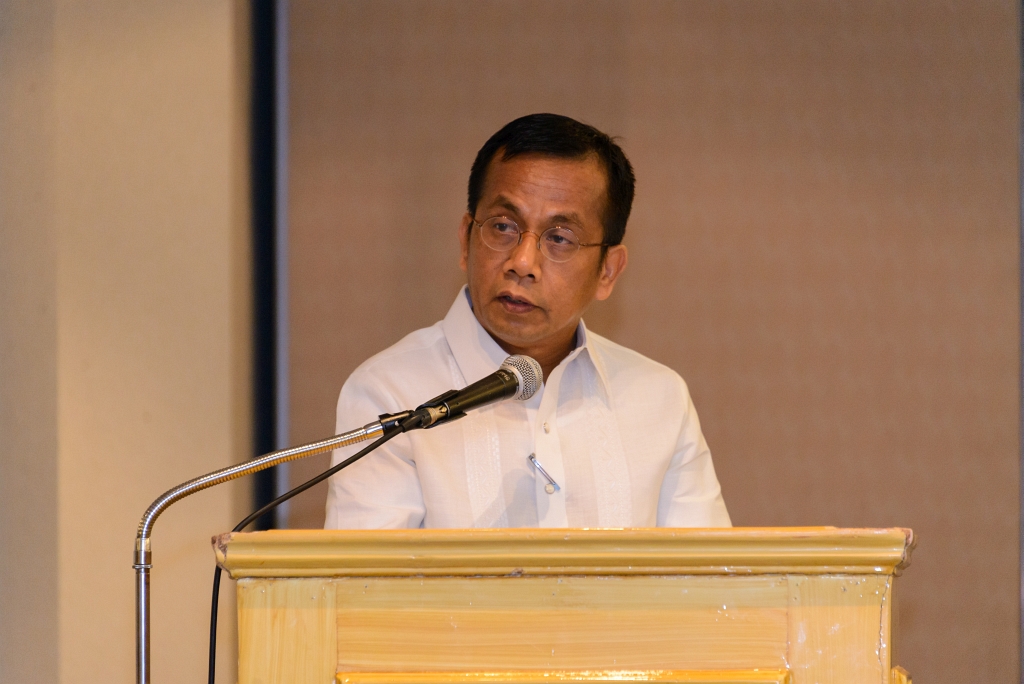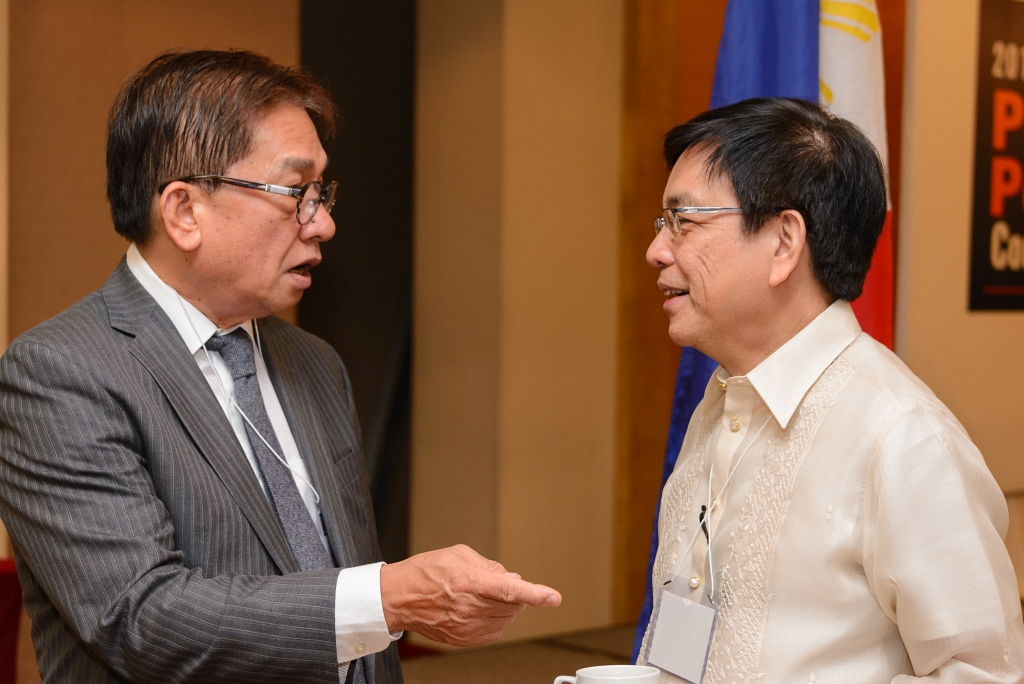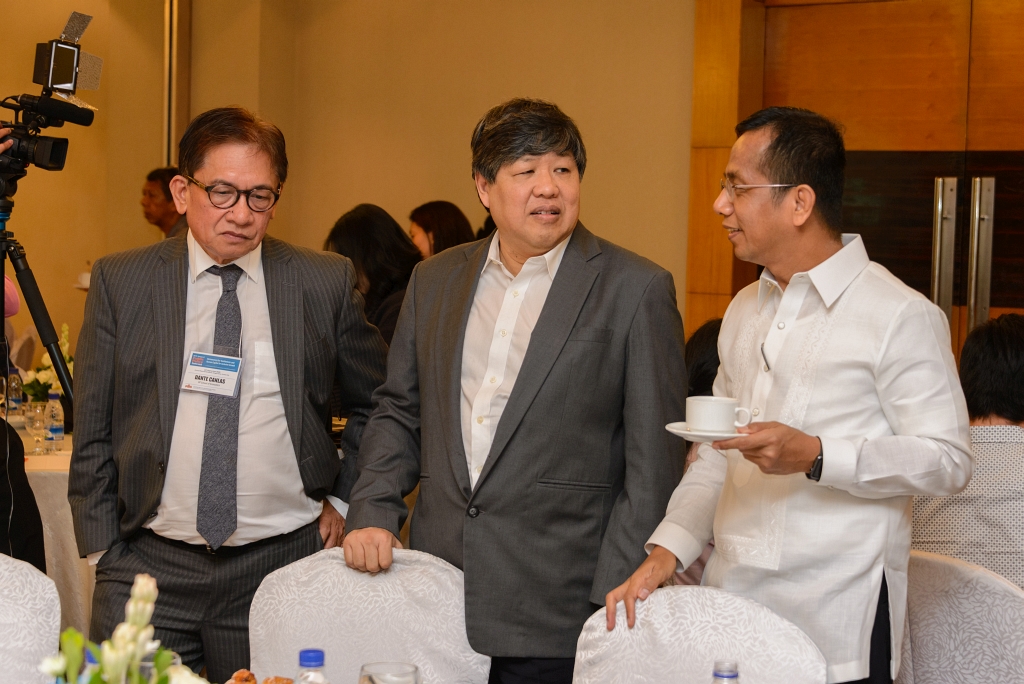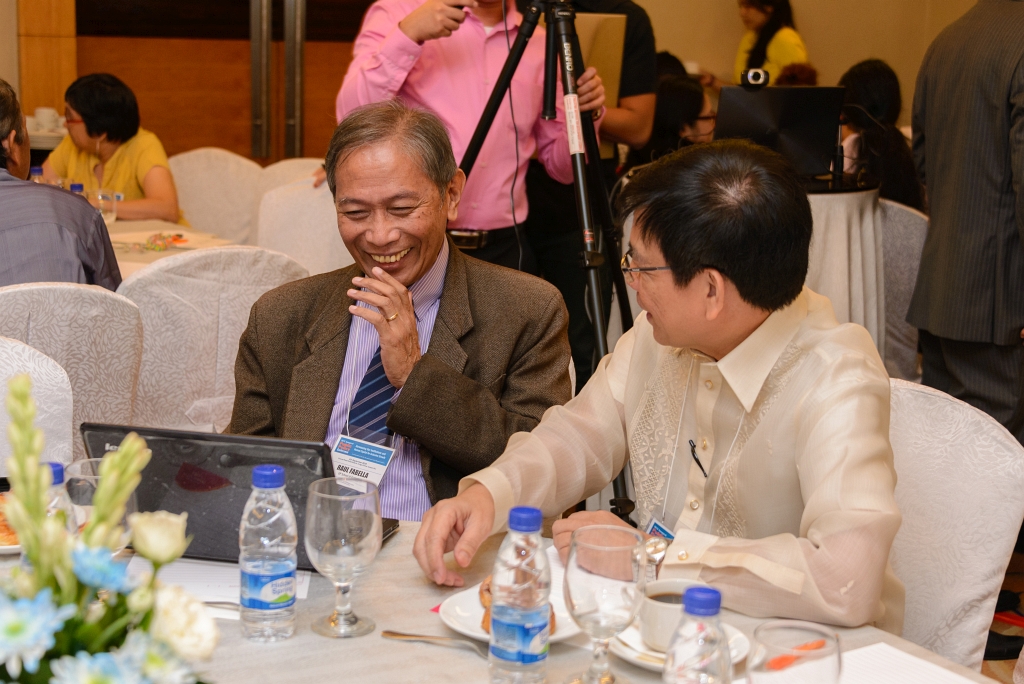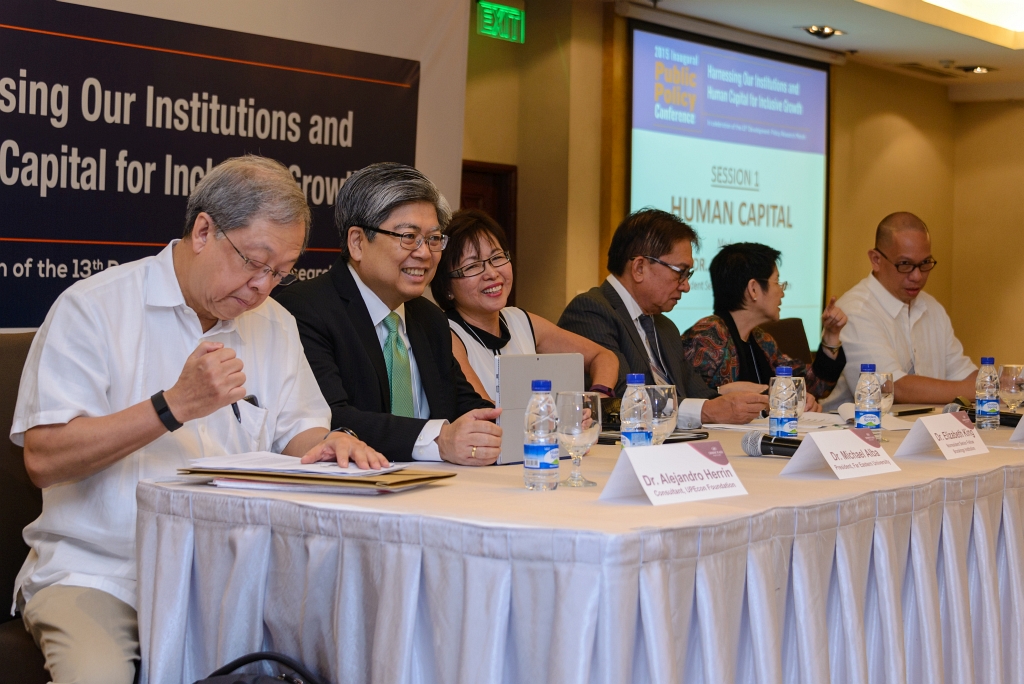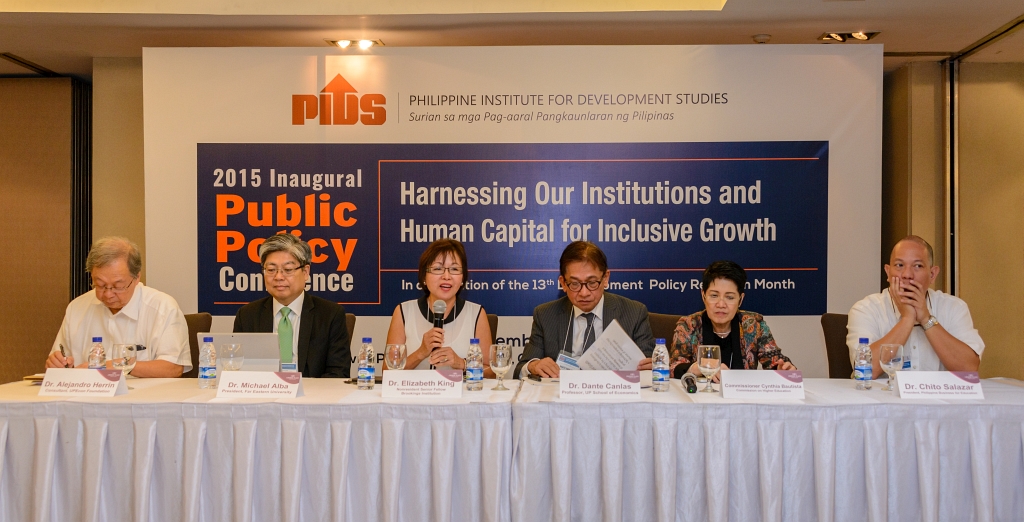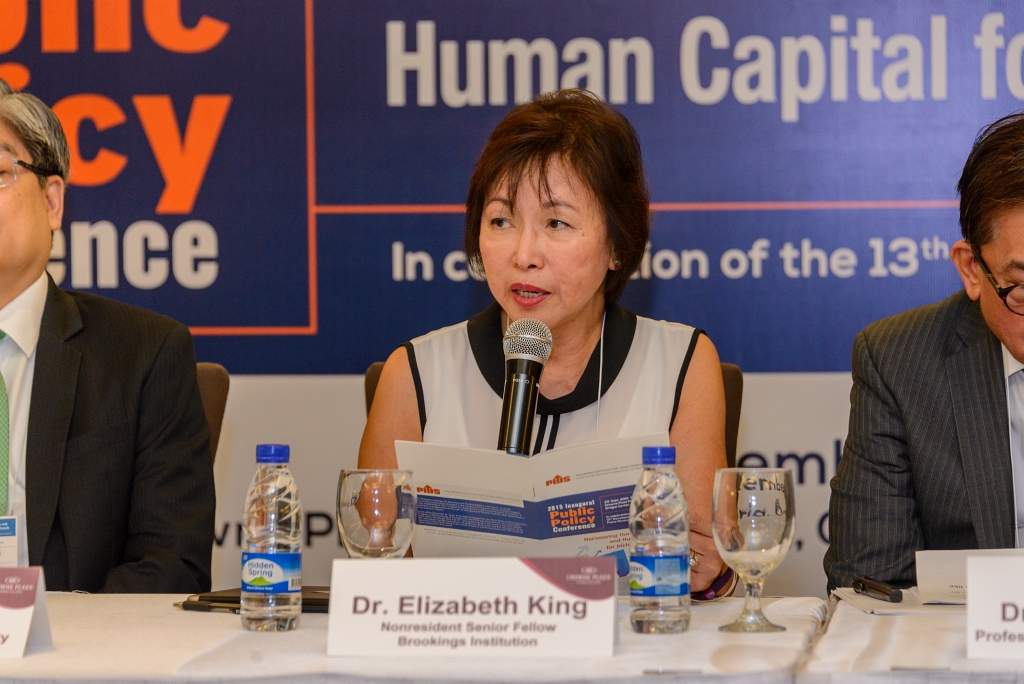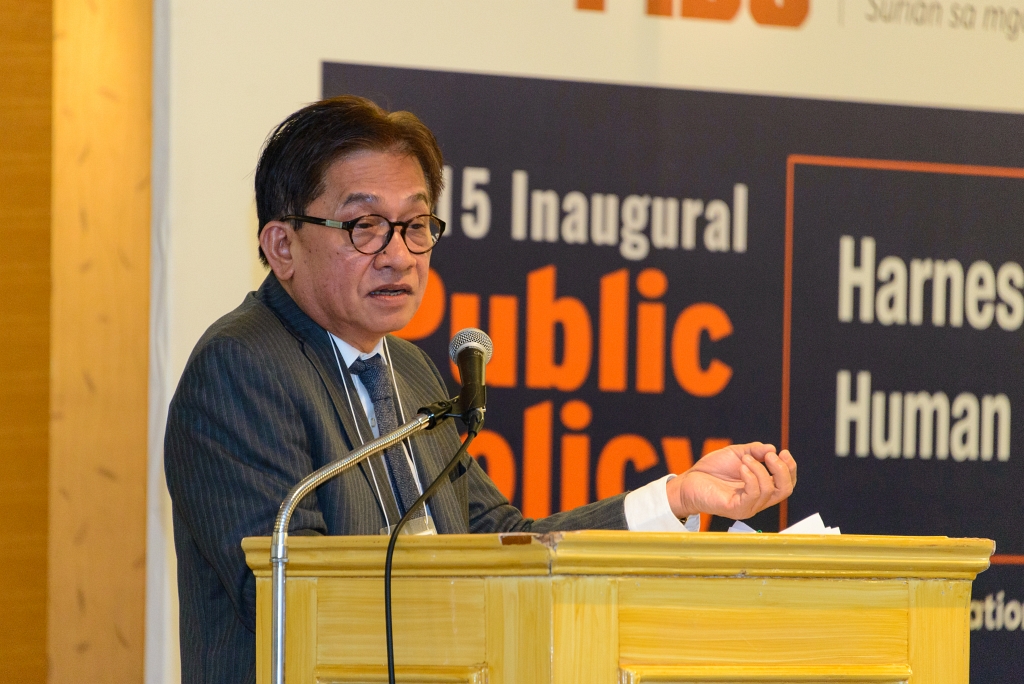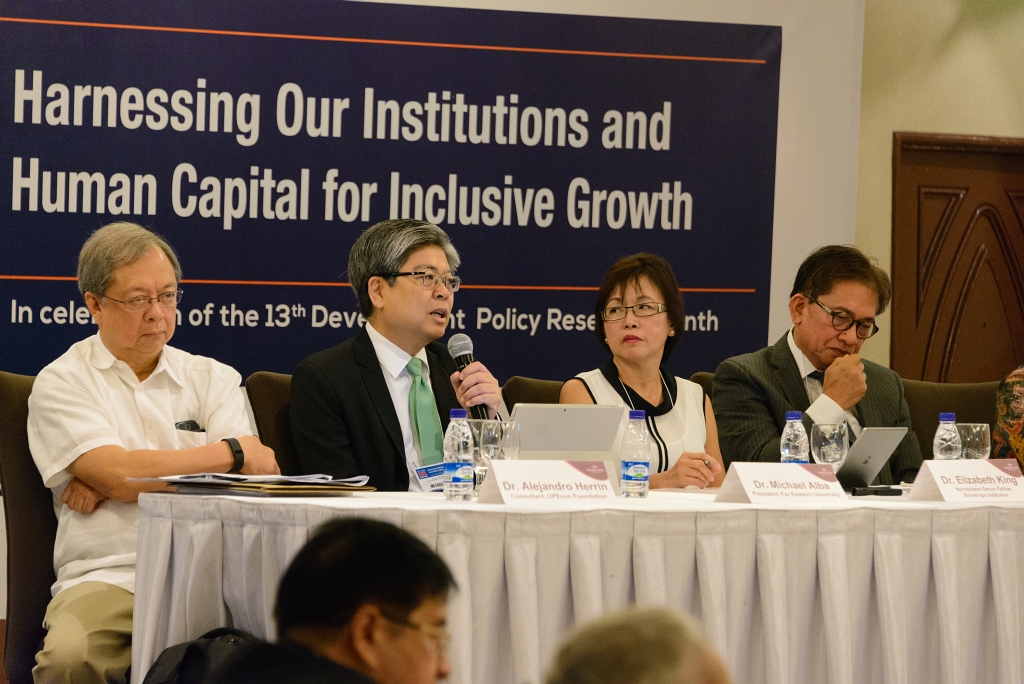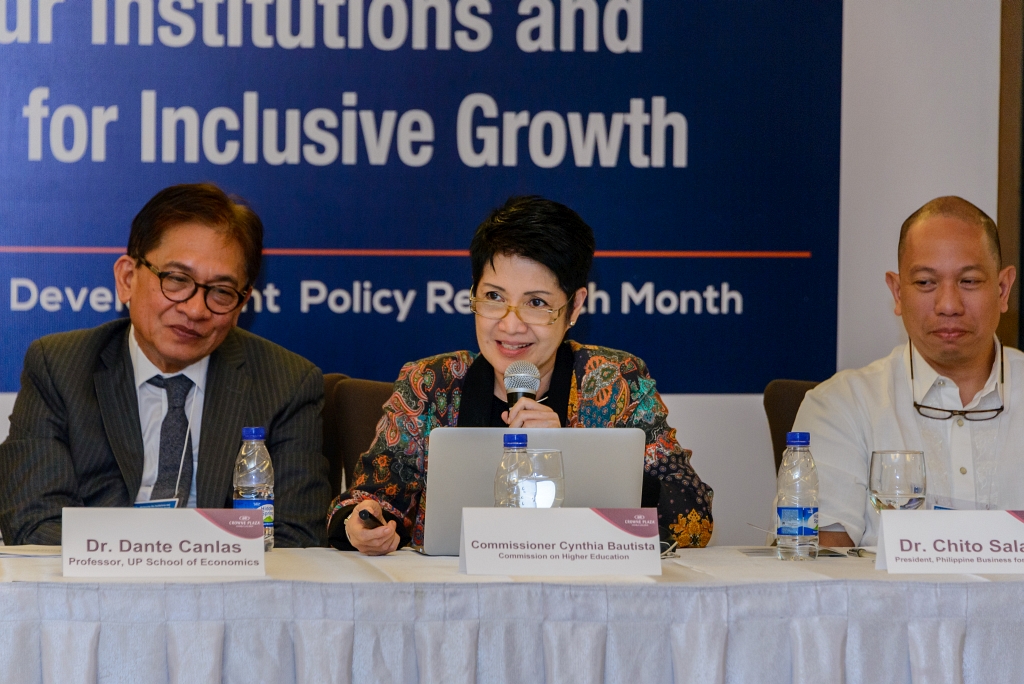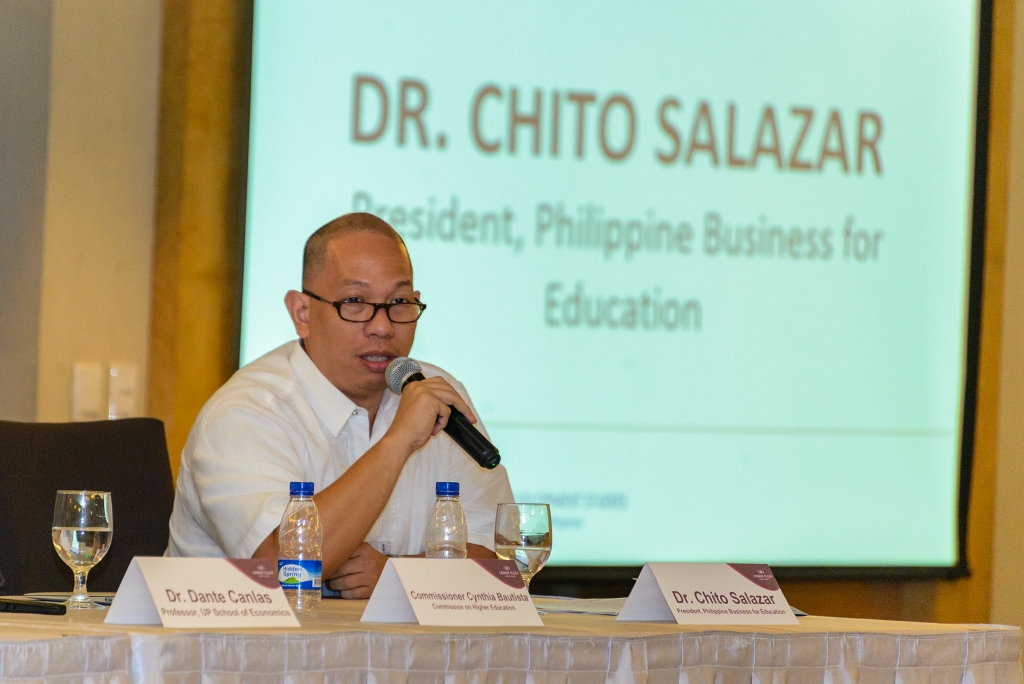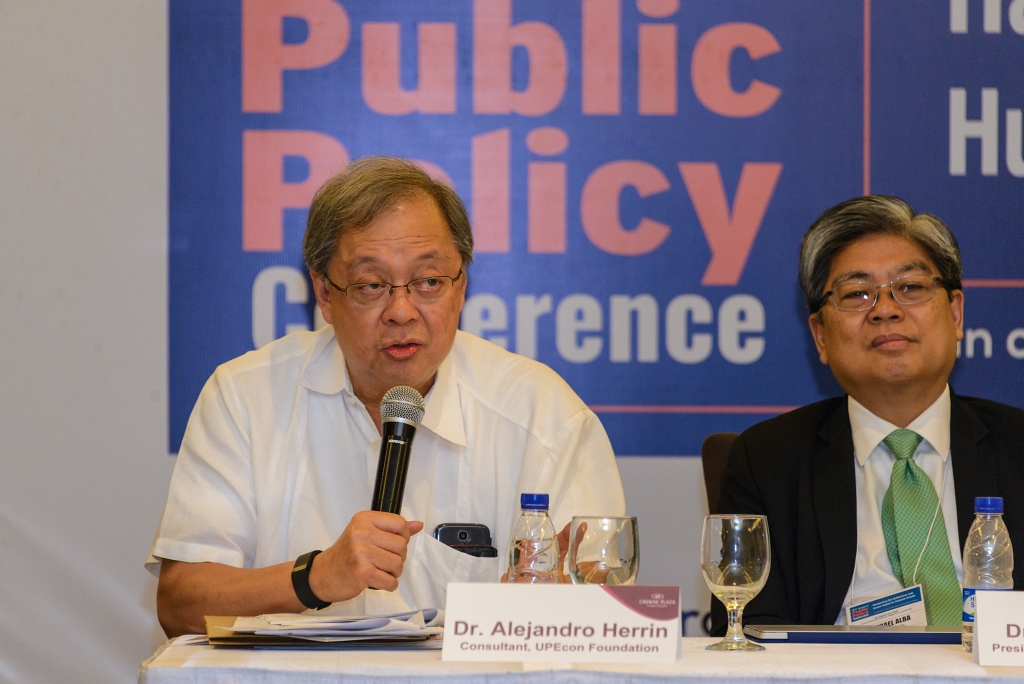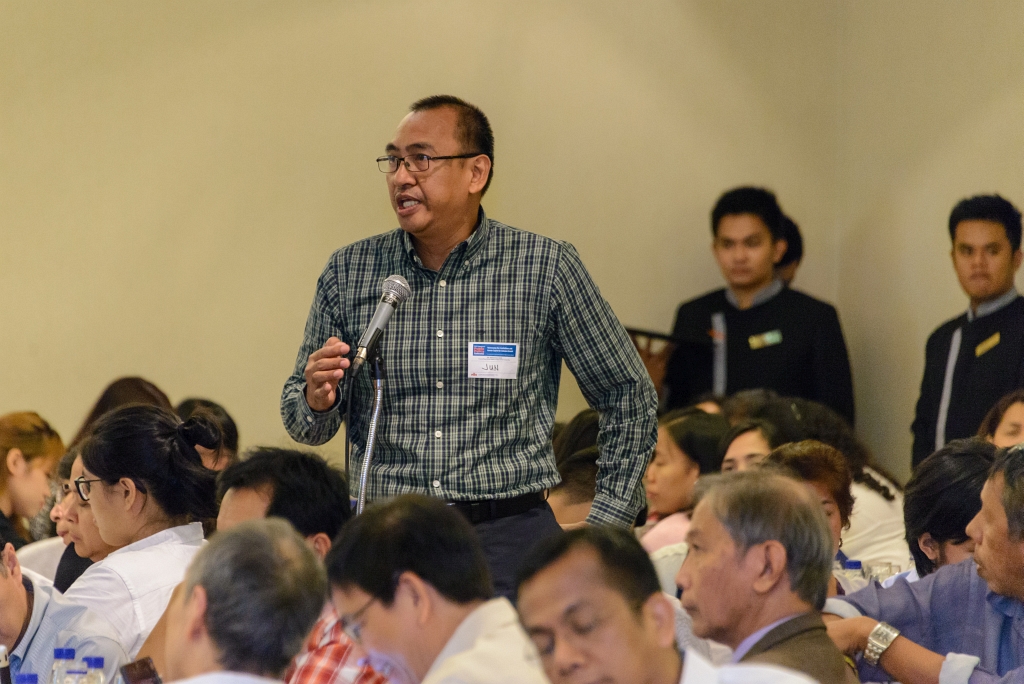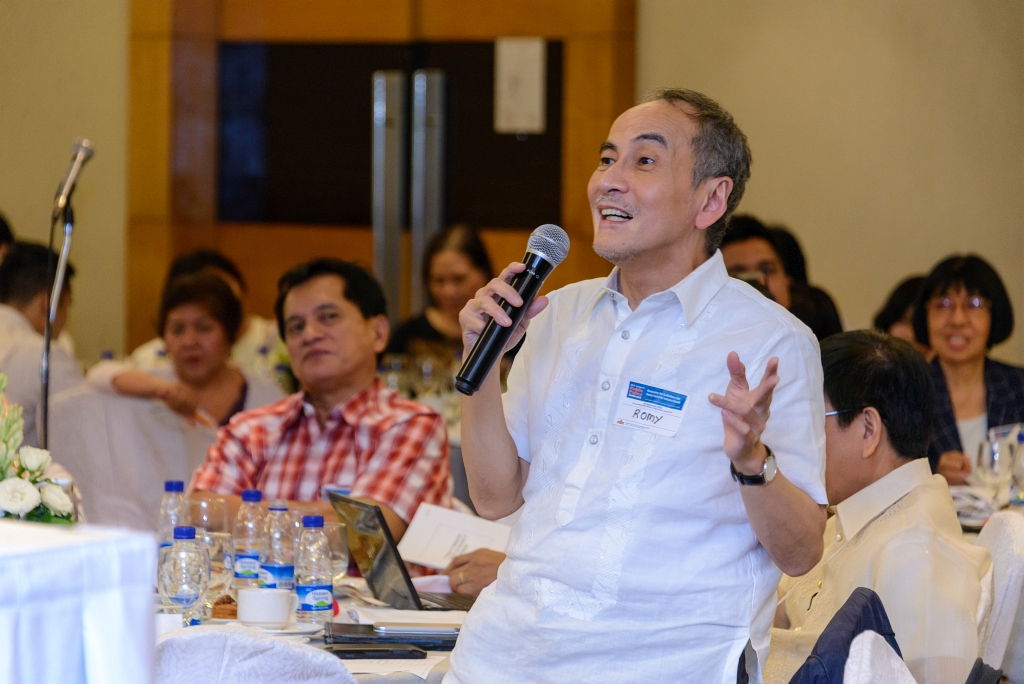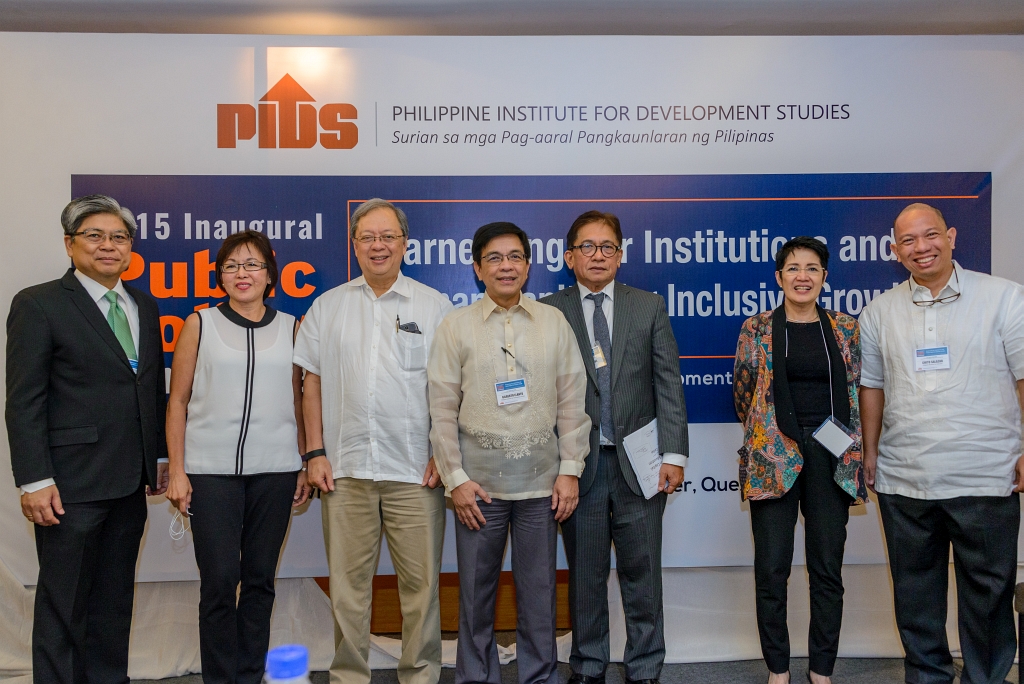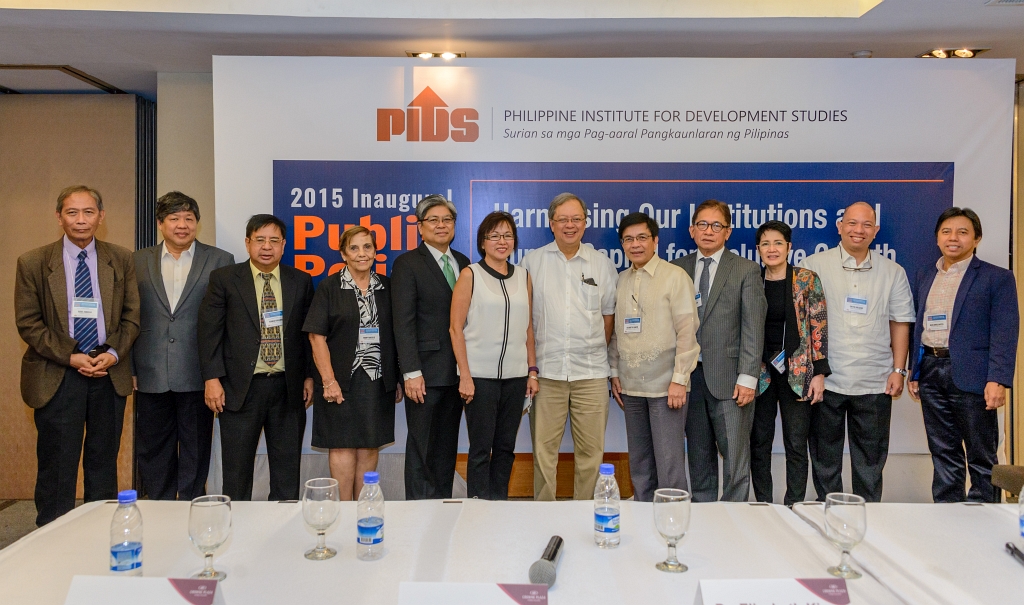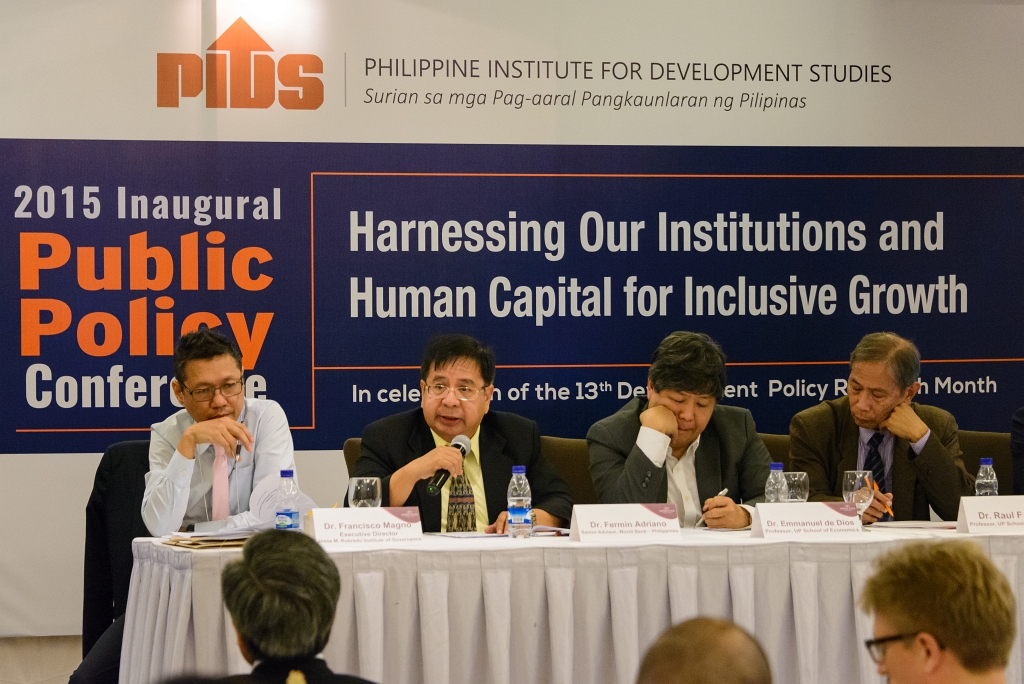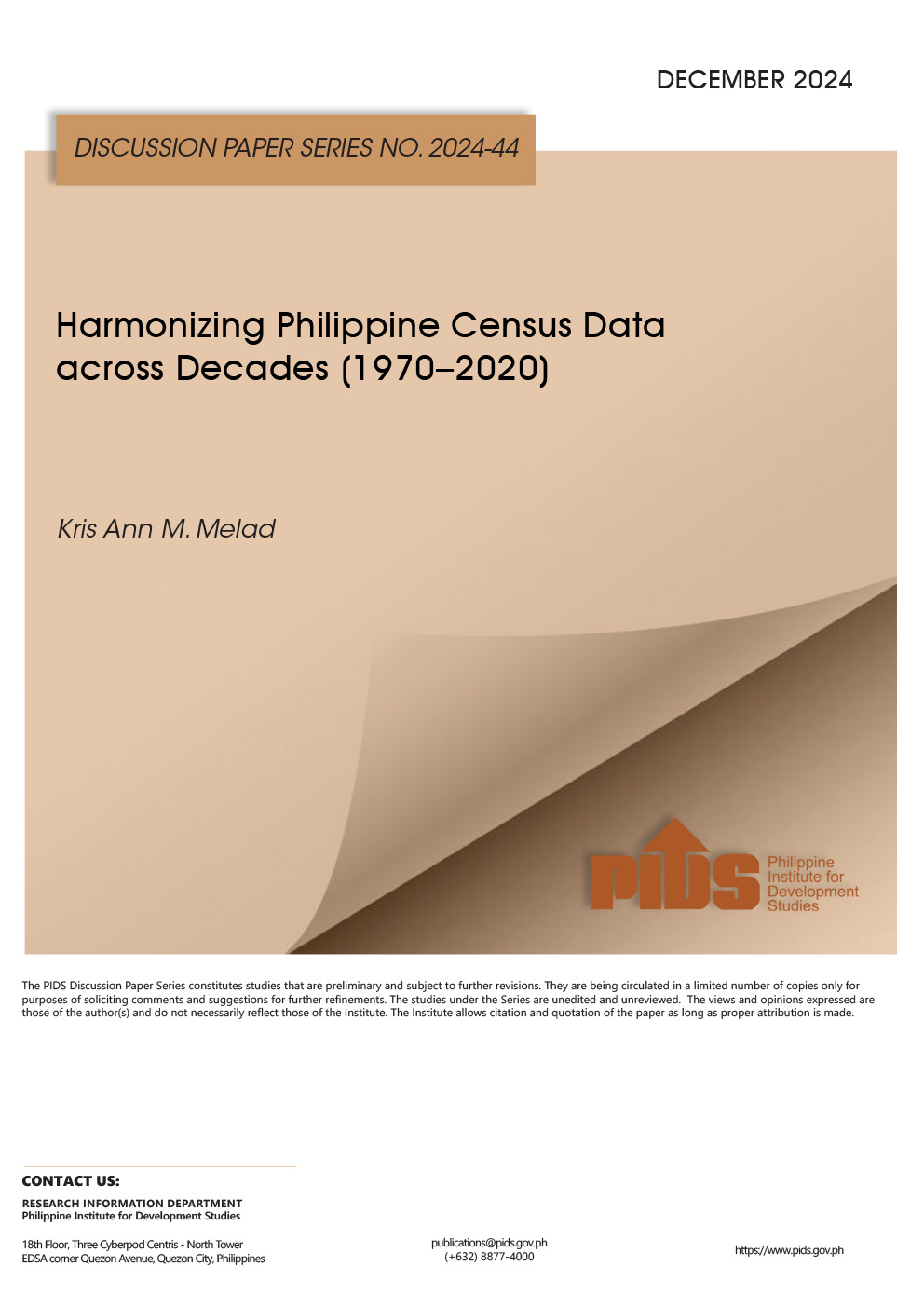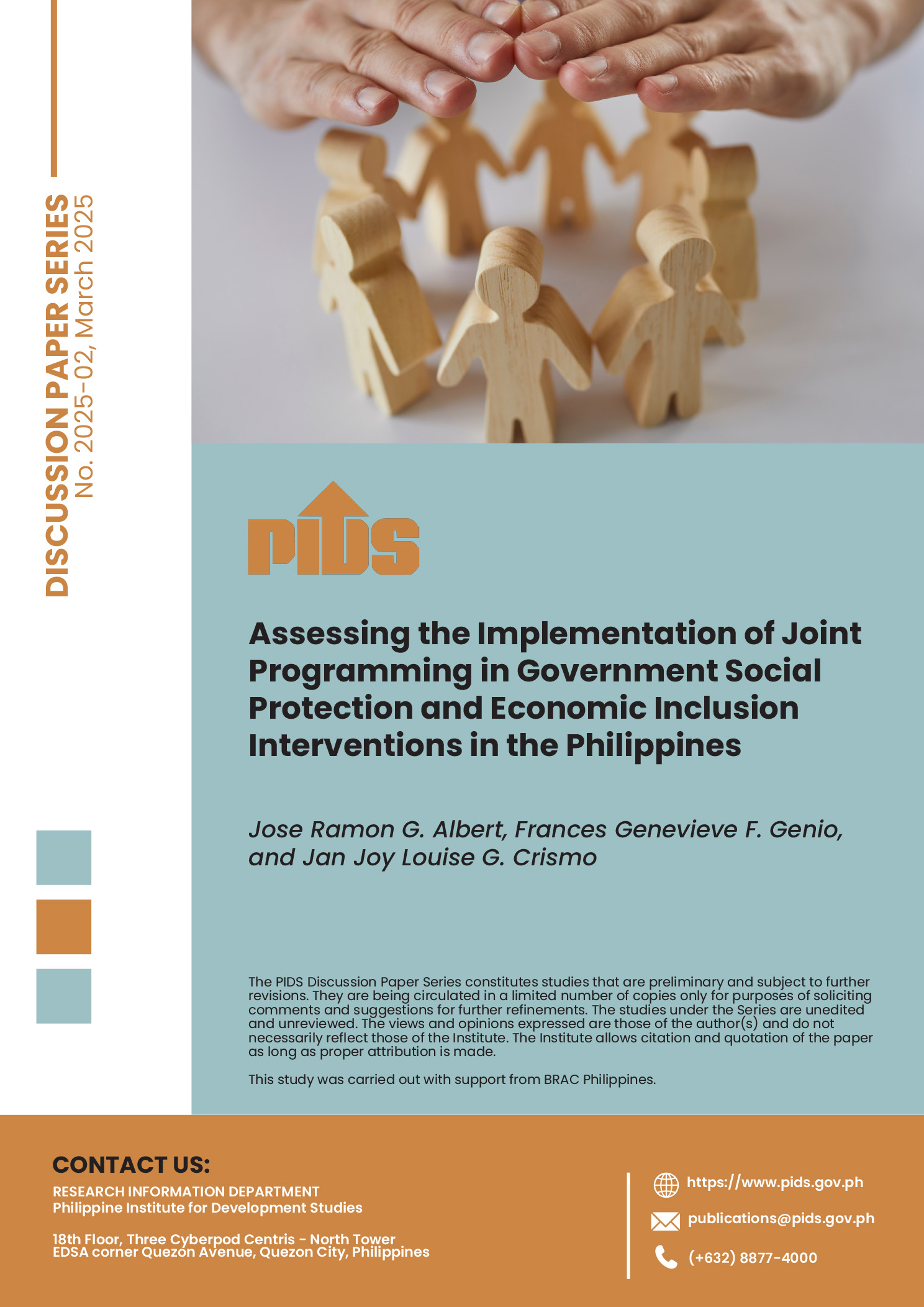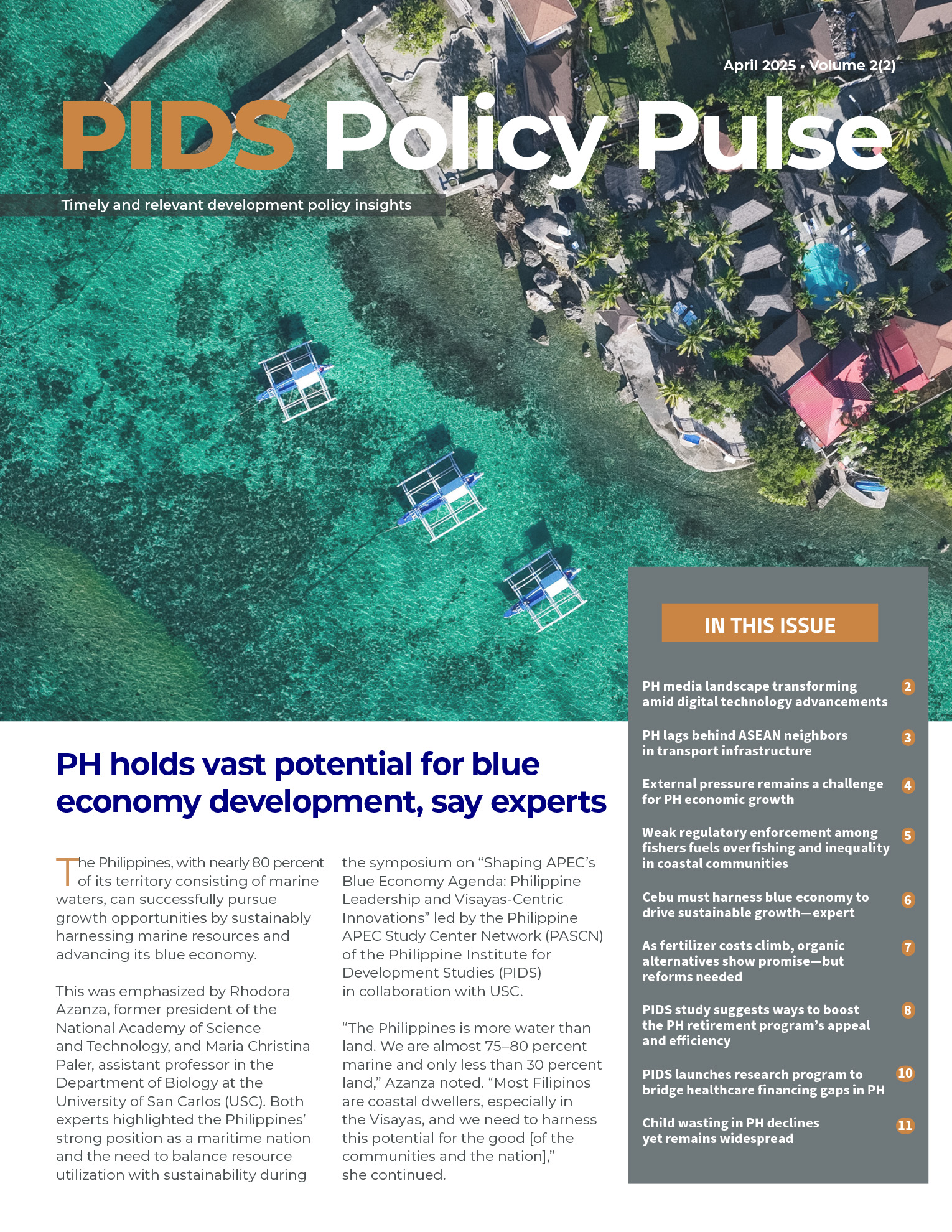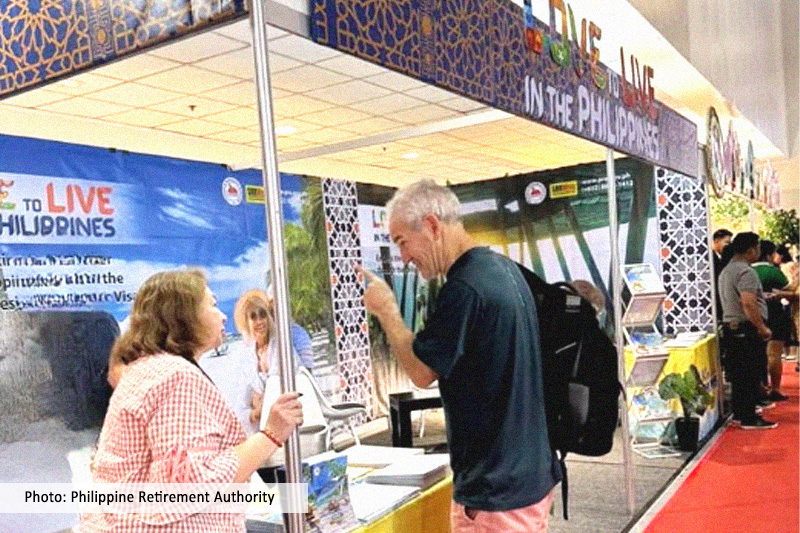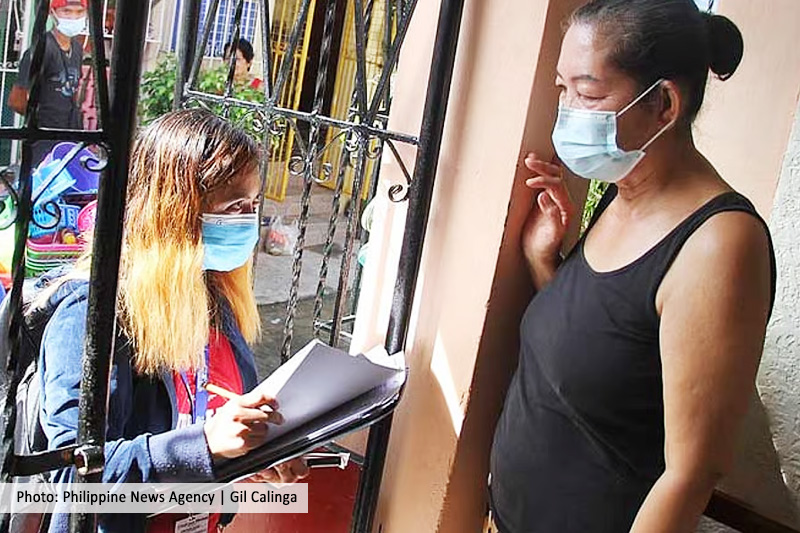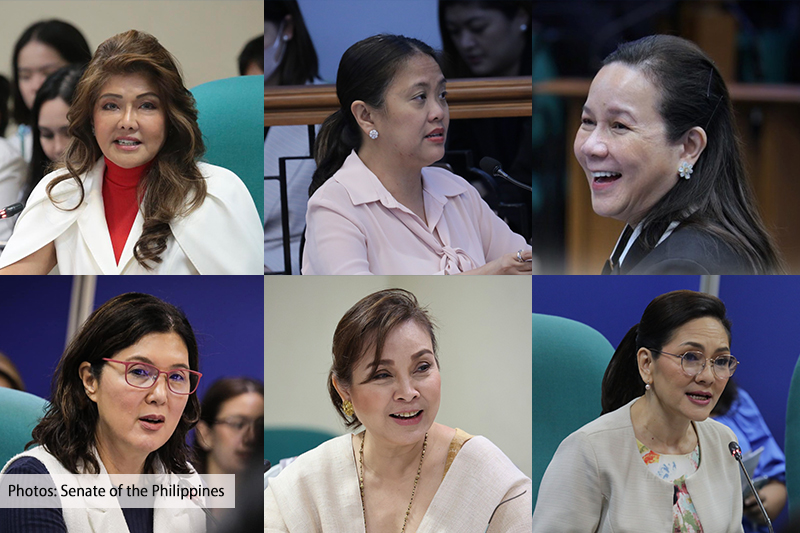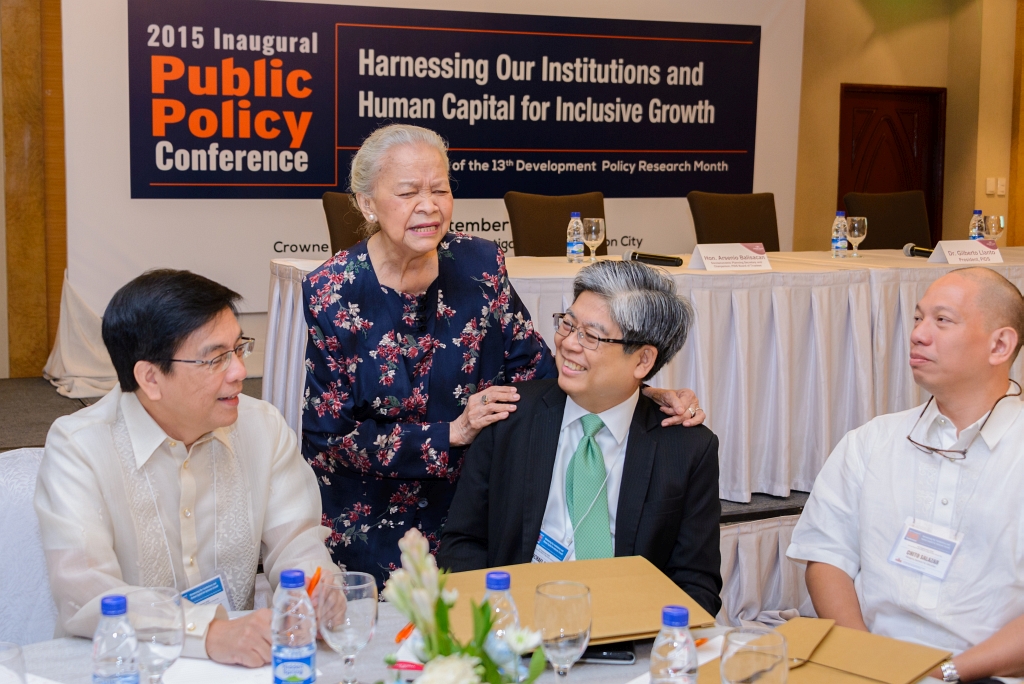

The year 2015 is a monumental time for the Philippines with its hosting of APEC 2015. The much-anticipated ASEAN Economic Community (AEC) is also expected to come into fruition. These two events are taking place at a time when the country is also striving to sustain its rapid economic growth in the long term. For decades, a boom-bust cycle has hounded the Philippine economy, but in the last five years, the country has performed considerably well even amid global uncertainties. Many analysts attribute this to the administrative and structural reforms started in the past and followed through by the present administration that combine good governance and good economics. Yet with the imminent change of leadership in 2016, uncertainties are mounting as to whether the seeds of reform that have been planted will continue to grow and propagate or not. Much depends on the kind of institutions that will emerge in 2016.
From a critical juncture in 1986 (EDSA Revolution), the country was able to emerge from an extractive economic and political institution under the Martial Law. Thereafter, there were efforts to make institutions more inclusive, but these have met a huge challenge, considering the culture of corruption that is heavily entrenched in Philippine politics, and a political system that is not insulated from interest-seeking groups. Thus, while there was an increasing paradigm shift in economic policies starting in the 1980s toward market-oriented reforms that espouse efficiency, productivity, and more competition, these policies struggled to make a headway. Monopolies prevailed in some sectors. Protection from foreign competition persists, fortified by limitations imposed by the present Constitution.
Investing in human capital is a key factor that can sustain the high growth rate the Philippines has been experiencing in the past years. Education and health are crucial in achieving labor effectiveness and productivity. The poor, however, are confronted by high rates of unemployment, underemployment, and low incomes. Large inequities prevail in accessibility, availability, and affordability of health services across the country. Recent economic gains have not translated into better and equitable social outcomes, particularly for health status. The increasing economic and social inequalities between regions reflect the need for stronger local governance institutions. Meanwhile, interventions such as the Pantawid Pamilyang Pilipino Program (4Ps) appear to be promising. Initial evaluation of the 4Ps shows that it improves the school participation of children. Its recent program enhancement to cover children beneficiaries from 15 to 18 years old so that they can finish up to high school is a step in the right direction, but better outcomes can be achieved if leakages and other administrative issues will be addressed.
All of these point to the interconnectedness of the right set of institutions and policies, and human capital to achieve sustained, inclusive growth. Human capital not only refers to the citizens but also to the country’s leaders, policymakers, program implementers, and the civil servants at large. A competent political leadership that respects the rule of law, upholds transparency and good governance, and espouses evidence-based policymaking—backed by high-performing and credible civil servants—is essential, as seen in the experience of the East Asian tigers.
These views will be teased out during this inaugural conference through presentations and discussions by experts in the fields of economics, political science, public administration, and sociology. This conference is also intended to flag to policymakers critical issues that must be addressed in the immediate term. It is envisioned to serve as a platform to inform the future leadership of critical policies to improve our institutions and human capital toward the achievement of a truly inclusive and sustainable economy.
Speakers and Panelists
Sec. Arsenio Balisacan / Sec. Bro. Armin Luistro / Dr. Dante Canlas / Dr. Noel de Dios / Dr. Raul Fabella / Dr. Michael Alba / Dr. Fermin Adriano / Dr. Cynthia Bautista / Dr. Alex Brillantes / Dr. Alejandro Herrin / Dr. Elizabeth King / Dr. Gilberto Llanto / Dr. Francisco Magno / Dr. Mary Racelis / Dr. Chito Salazar
VIEW CONFERENCE PROGRAM
DOWNLOAD PRESENTATIONS:
SESSION I: HUMAN CAPITAL
- Investing in Human Capital: Focus on Higher Education
by Dr. Dante Canlas, Professor, UP Schol of Economics
- Harnessing Human Capital for Inclusive Growth: Panel Discussion
by Maria Cynthia Rose Banzon Bautista, Commission On Higher Education
SESSION II: INSTITUTIONS
- An Exegesis of Mediocrity: Institutions and Inclusion in the Philippines
by Raul V. Fabella UP School of Economics and NAST
- Institutions and Governance Reforms for Inclusive Growth
by Commissioner Alex Brillantes, Commission on Higher Education
